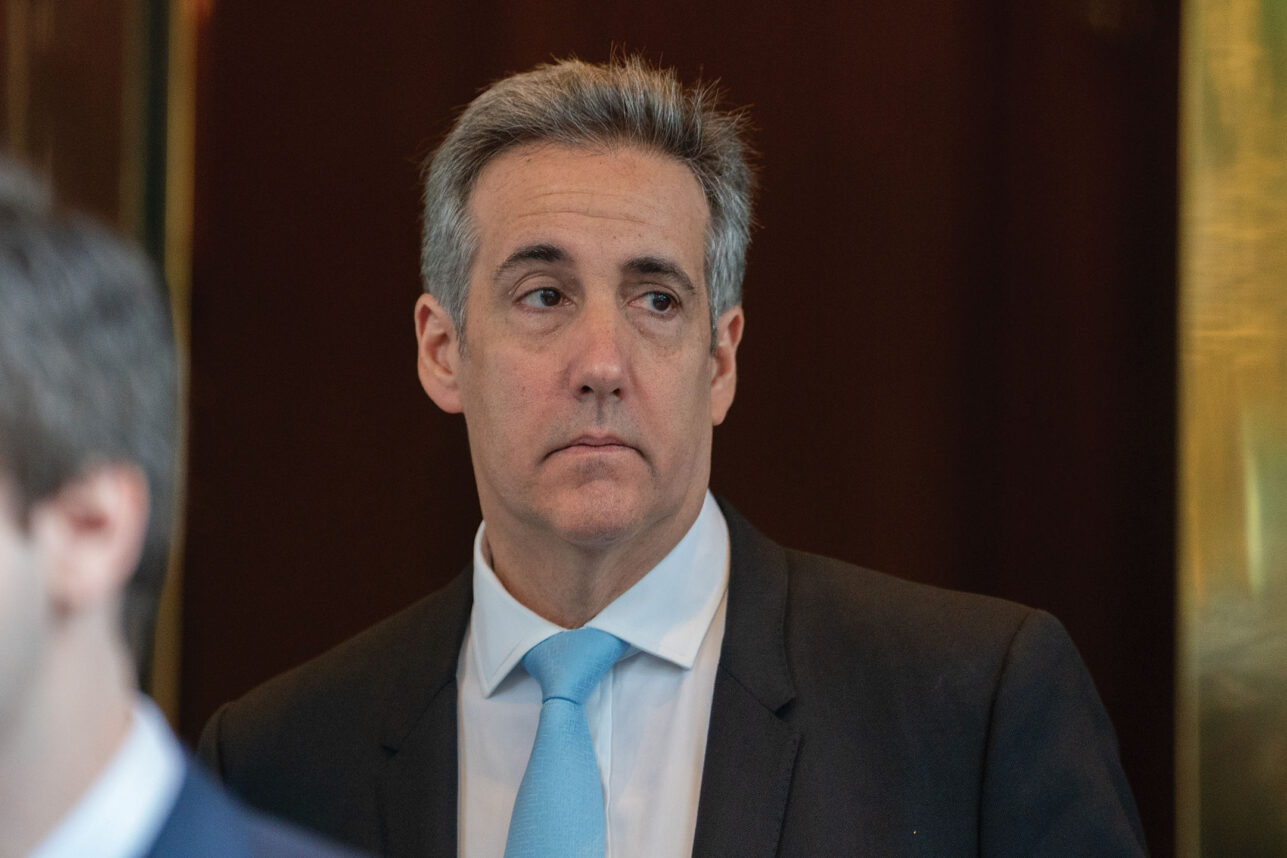For four L.A.-area Jewish day schools, the beginning of this school year also marks their second year teaching Facing History and Ourselves, a curriculum devoted to incorporating the messages of the Holocaust into everyday learning.
The six- to eight-week course, first developed in 1976, has traditionally been offered in non-Jewish schools. In January 2009, Facing History and Ourselves received a $1 million grant from the Jim Joseph Foundation for the program to be piloted in eight Jewish schools: four in the L.A. area and four in Boston. Yeshiva University High School (YULA) and Shalhevet School in Los Angeles, Tarbut V’Torah Community Day School in Irvine; and the Abraham Joshua Heschel Day School in Northridge were chosen from nearly 20 applicants.
Since many Jewish day school students already have a basic understanding of the historical facts and cultural impact of the Holocaust, the goal of the program for these schools is to teach students to look at the impact of the Holocaust through the lenses of different subjects — everything from literature to psychology.
To launch the program, teachers participated in a five-day day workshop in Massachusetts.
“We train teachers to help their students draw connections between history and moral situations in their own lives,” said Beth Cohen, the Jewish education program lead at the organization. “How do we identify ourselves, how do we marginalize people in society?”
Chavee Lerer, a psychology teacher at YULA Boys’ School, was among the participants in the Massachusetts training and now serves as the liaison between the school and the organization.
“Facing History offered us the resources and the means to develop an interdisciplinary approach [to teaching the Holocaust] that would not just be limited to history classes,” she said, “but could be implemented across Judaic studies.”
In psychology, Lerer added, the lessons of the Holocaust can be applied broadly.
“When you consider social psychology,” she said, “it deals with the individual’s relationship to the group, social obedience, peer pressure, being a bystander versus someone who gets involved.”
Having successfully completed the first year, the schools will go on with the program for at least two more years. Some schools will offer new courses this year; at YULA, a class on Jewish peoplehood will look at how the history of the Holocaust “impacted the foundation of the state of Israel,” Lerer said.
“It’s been a very exciting opportunity. Facing History is a way that we can inform our students and make them better citizens, and more participating members of society,” Lerer said.






















 More news and opinions than at a Shabbat dinner, right in your inbox.
More news and opinions than at a Shabbat dinner, right in your inbox.